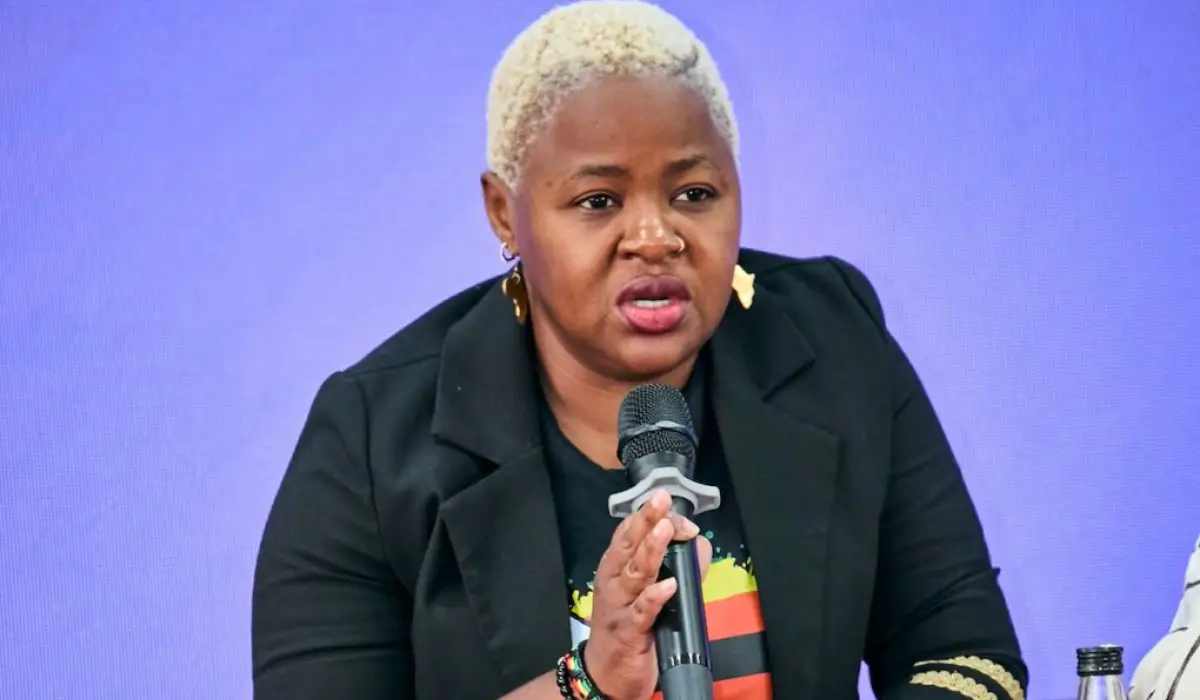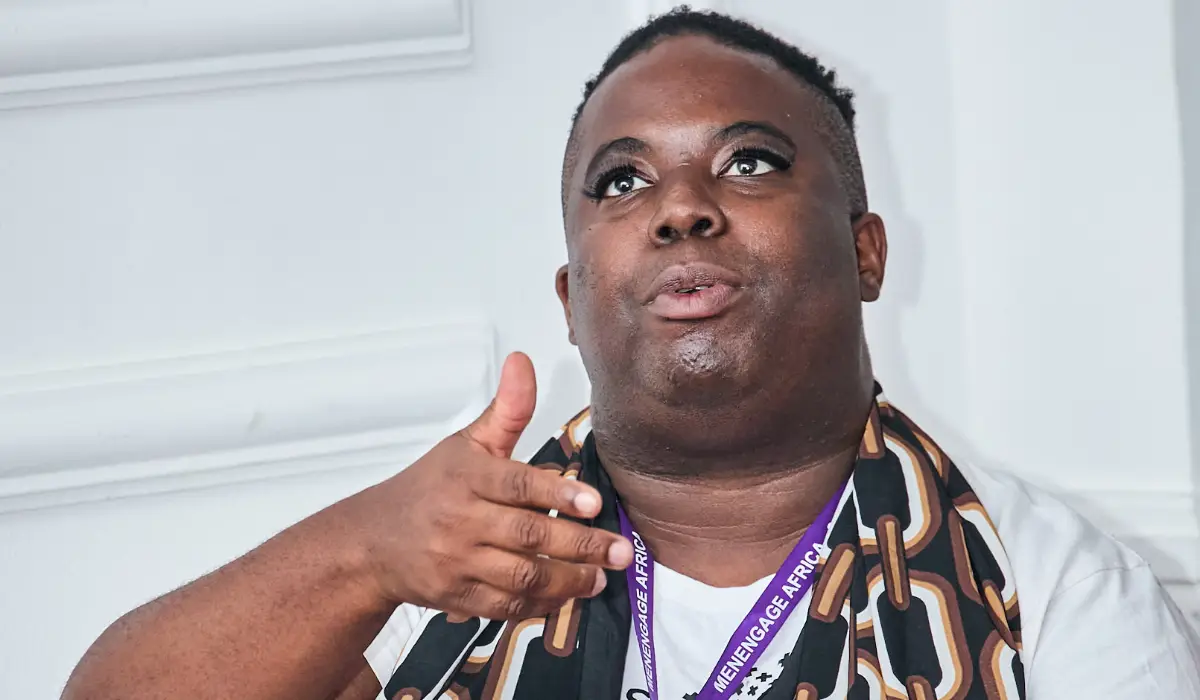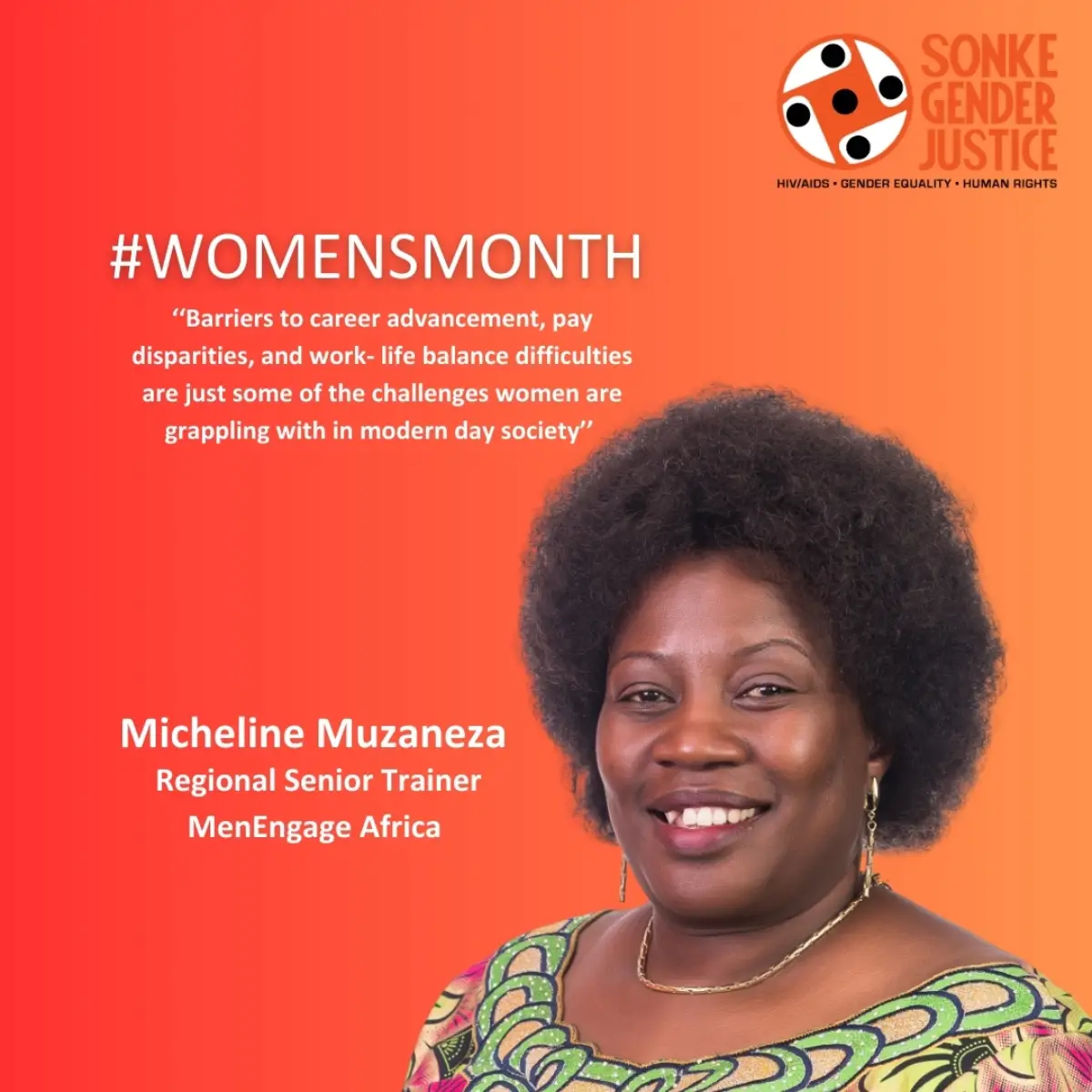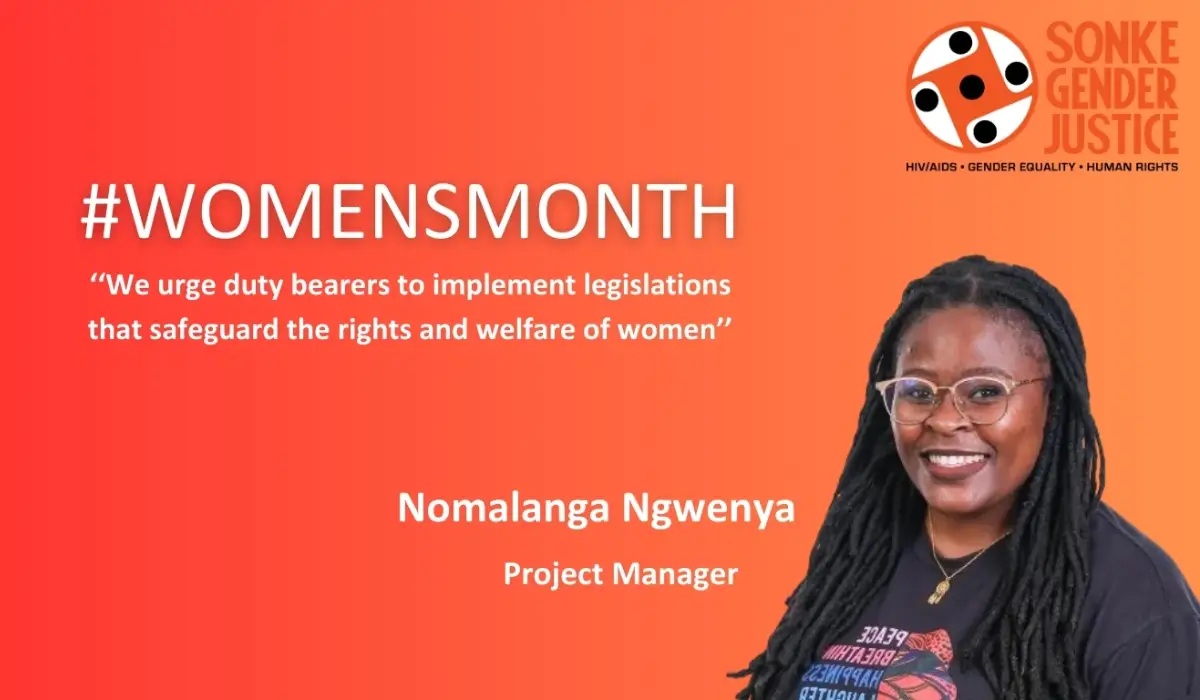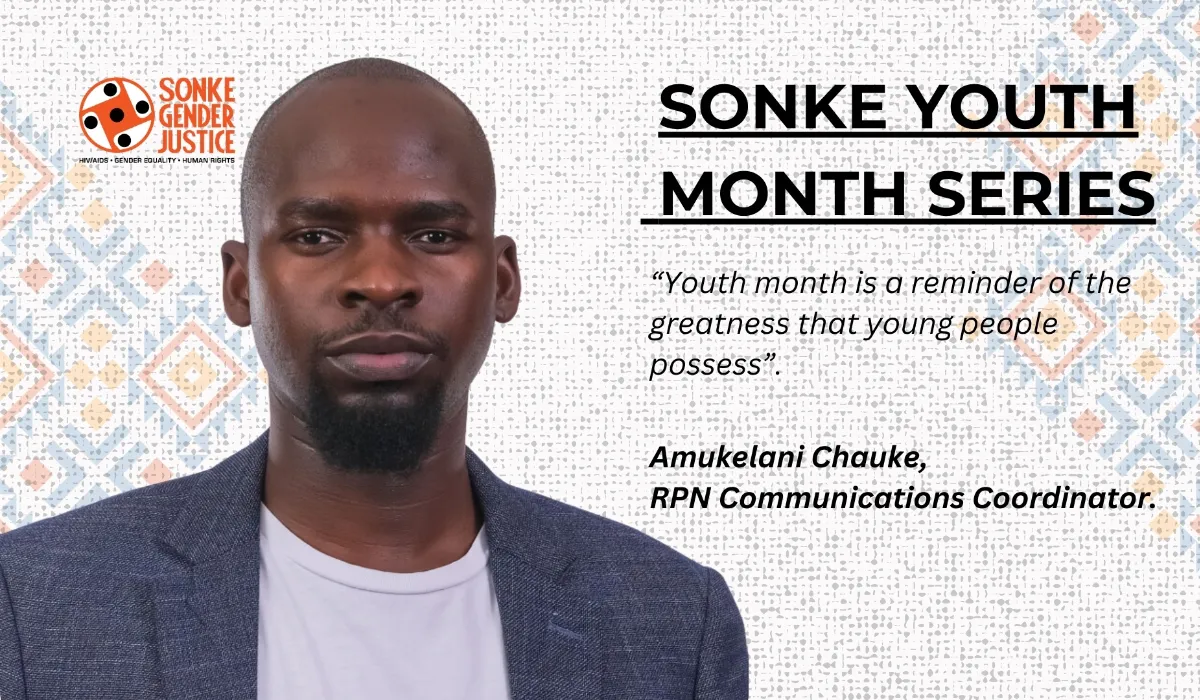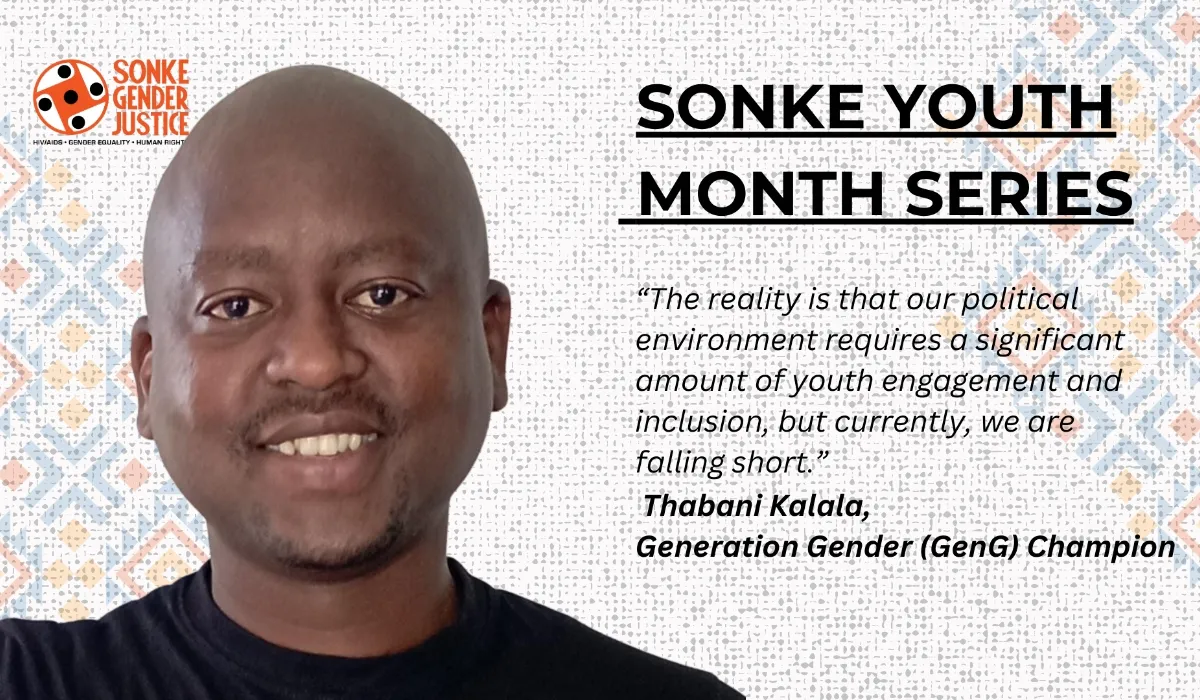On Friday, 13 May 2011, the Civil Society Prison Reform Initiative (CSPRI), the Centre for the Study of Violence and Reconciliation (CSVR) and the Sonke Gender Justice co-sponsored a publication launch and roundtable discussion on the Prevention and Eradication of Sexual Violence in Correctional Centres.
The publication, a new resource for correctional staff in addressing prisoner rape, entitled Let’s End It Now: Stopping Sexual Violence in Correctional Centres, is a booklet prepared by Sasha Gear (formerly of the CSVR) and Heather Barclay, representing an unprecedented intervention into the crisis of sexual abuse behind bars.
Taking stock
Mr Lukas Muntingh, the Project Coordinator of CSPRI, clearly outlined three challenges posed by the problem of sexual violence:
- The extent to which inmates can be protected depends on practice at an operational level, as well as on how officials are trained to recognise and prevent sexual violence.
- The Department of Correctional Services (DCS) has become more aware of the issue, and has developed certain protocols for responding to rape. However, how the DCS deals with prevention remains a challenge.
- It is important to identify the threshold of violation that will prompt a response from the DCS. Is this likely to be only once a rape has occurred, or is it possible that a complaint from an inmate alleging harassment, for example, will evoke a response?
In the recent case of Shrien Dewani, a UK citizen accused of murdering his wife in South Africa, South African authorities requested his extradition from the UK to South Africa for him to stand trial. Dewani’s extradition hearing propelled the issue of prison conditions into the limelight, primarily, the likelihood of facing torture and other ill-treatment if detained in a South African prison and in particular, whether he would be exposed to sexual violence or coercion.
This raises important issues for public debate, but on the other hand there is some bitterness that similar attention is not paid every time an ordinary person is sent to prison in South Africa.
It is against this backdrop that it is important to focus attention to the plight of ordinary prisoners.
Observing international protocols
Notably, there is increasing attention paid to South Africa’s obligations under the United Nations Convention against Torture and other Cruel, Inhuman and Degrading Treatment or Punishment (UNCAT). South Africa was due to submit its second report to the UN Committee against Torture in 2009, but has not yet done so.
The stipulations of UNCAT should inform the assessment of sexual violence, which has received attention from various international mechanisms in recent years. The previous Special Rapporteur on Torture, Prof Manfred Nowak, highlighted sexual violence in places of detention in his reports to the United Nations. The International Criminal Tribunal for Rwanda has included rape in its definition of crimes against humanity. Likewise, the International Tribunal for the former Yugoslavia also recognised rape as a form of torture and expressed its universal condemnation of the act.
Overview of domestic laws and legislations
There have been significant domestic developments in sexual violence policy and legislation. The Sexual Offences Act provides a gender neutral definition of rape. This progressive legislation could afford people imprisoned protection against sexual violence and abuse. However, it is important to scrutinize how the DCS engages with this legislation and what steps it is taking to meet its legal obligations.
Recently, the DCS developed a draft policy framework on sexual violence in prison. Mr. Muntingh noted that it was only in 2008 that the late Mr. Vernie Peterson, the former National Commissioner of Correctional Services, admitted in public that sexual violence was a problem in correctional centres.
More recently, the Correctional Matters Amendment Bill, currently awaiting its passage through the legislature, places responsibility on the DCS to assess awaiting trial prisoners upon admission for their vulnerability to sexual violence. The Parliamentary Portfolio Committee on Correctional Services has also expressed concern over sexual violence and is taking an active interest in how the state meets its obligations to protect inmates. Encouragingly, we can see that there have been significant positive developments on the international and domestic fronts in acknowledging, preventing and combating sexual violence in places of detention.
Sexual abuse in prison
While there is little statistical data on prisoner rape, in a 2008 survey of 750 DCS inmates conducted by the Judicial Inspectorate of Correctional Centres, eight percent responded that they had been the target of unwanted sexual attention during their incarceration, and about 50 percent felt that sexual abuse is a significant problem in DCS facilities.
In a 2007 survey by the CSVR of male youth held at the Boksburg Juvenile Centre, more than one quarter of those surveyed believed that most DCS officials would do nothing to help a prisoner who is being forced to have sex against his will.
Booklet to serve as a resource guide
In her remarks, Ms. Gear explained that Let’s End It Now speaks directly to the challenging context in which DCS staff work. The booklet is intended to help staff to better comprehend the dynamics of sexual abuse in detention, their responsibility to maintain inmate safety, and best practices for doing so. It references existing DCS policy, while also drawing from a proposed policy framework for preventing, responding to and monitoring prisoner rape developed by Ms. Gear and U.S. based Just Detention International (JDI). It is hoped that this policy will be adopted as formal DCS policy shortly.
The booklet illustrates how to detect coercive sexual conduct and unpacks common scenarios in which vulnerable inmates are forced into sexual relationships with more powerful prisoners. The booklet also addresses the connection between sexual abuse and the high rate of HIV behind bars, detailing the medical care required to prevent HIV infection among rape victims. In addition, it demonstrates how to respond supportively and appropriately to victims of abuse.
Proposed future steps
In the coming months, JDI and Sonke will collaborate to reform problematic DCS practices and policies that perpetuate sexual violence behind bars, while also educating inmates about their rights to be free from sexual abuse, and expanding capacity building efforts aimed at staff. Let’s End It Now, which is to be made available to staff throughout the country’s correctional centres, will serve as a critical tool in this work.
The roundtable discussion constituted part of a series of discussions on key issues, aiming to stimulate debate among civil society in order to develop recommendations which can be used in advocacy work with stakeholders.
The discussion was attended by representatives from civil society organisations, national human rights institutions and government officials.


